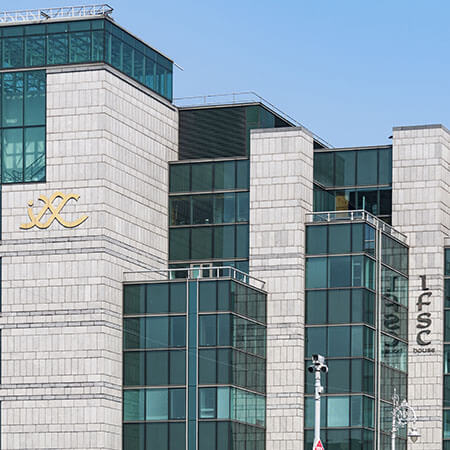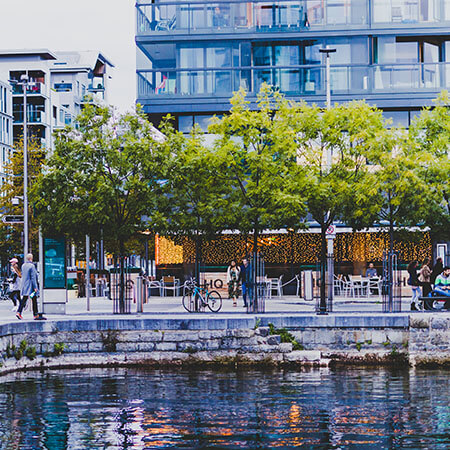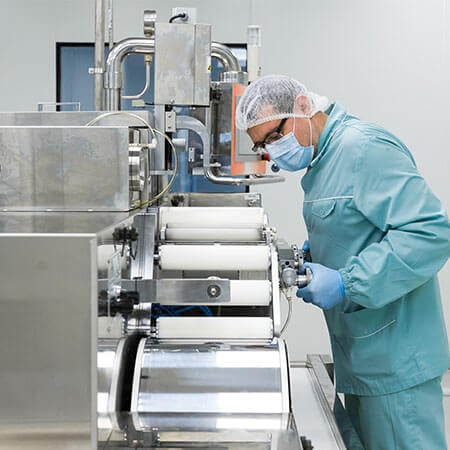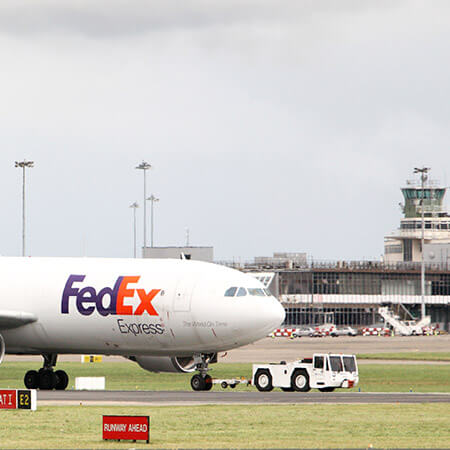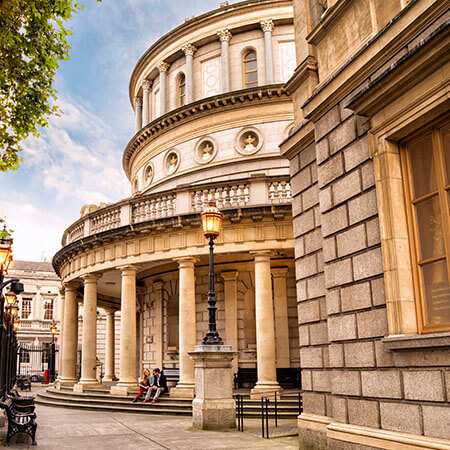Dublin has a vibrant and diverse economy, which supports thriving clusters of Irish and international players. Any kind of company coming to Dublin can benefit from support and the business-friendly environment. But there are some key industry sectors which tend to attract FDI to the city.
These include tech, financial services, professional services, logistics, life sciences and arts and recreation.
If your business falls within one of these key sectors, the city offers many extra benefits. Startups can network with mentors or potential collaborators within their field. While multinationals can take advantage of the experienced talent and niche services that are already present in the city.
All of this really makes Dublin worth investing in for these key industry sectors.
How does the future look for these key industries?
Despite the recent challenges worldwide, Ireland’s economy continues to grow. This is largely thanks to investments coming from large global companies which have long held an interest in the country.
This growth is expected to continue too. According to fDi’s European Cities and Regions of the Future 2023 report , Dublin is among the top 3 cities for investment. The city was ranked first within the Economic Potential category, highlighting Dublin as a thriving city for businesses and FDI.
With the highest inward FDI between 2015 and 2020, Amsterdam edged past Dublin to top the rankings. However, the report states that “Dublin followed very closely behind”. Because of its well-established financial services sector, the report also anticipates that Dublin will benefit from lots of Brexit relocations.
If your business falls into one of the six key industry sectors in Dublin, check out our information on each individual category below. Here, you’ll get an idea of the benefits Dublin offers each one, as well as the calibre of businesses that already have a presence in the city.


